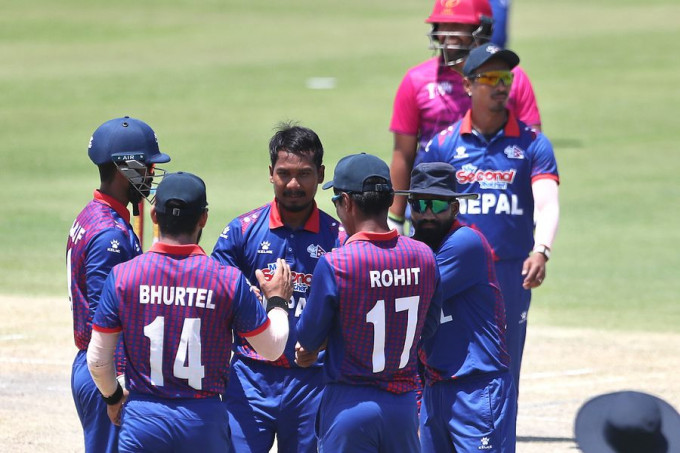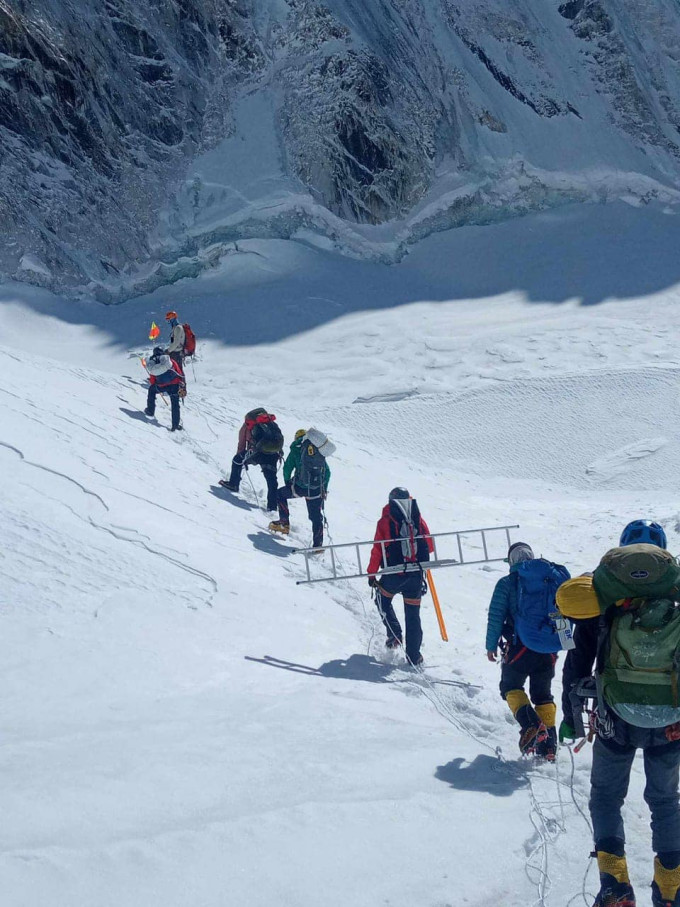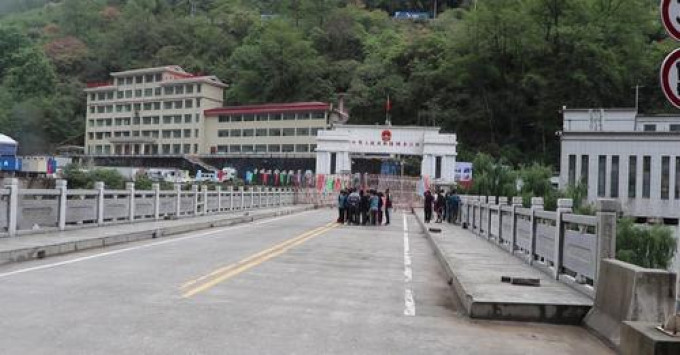In Nepal, UNHCR has been an active support partner to the Nepal government for the last three decades in providing relief assistance and organizing resettlement programs for the refugees coming into Nepal from Bhutan.
More than 113,500 Bhutanese refugees have been resettled in eight different countries under the UNHCR’s resettlement program executed between the years 2007 to 2016. It is one of the largest group resettlement programs implemented globally, for refugees.
UNHCR is running various programs to protect and assist refugees in Nepal. They include, advocating for their right to legal identity and documentation and engaging them in livelihood programs so that they depend less on support and relief provided by the government and national, international organizations.
At the request of the Government of Nepal, The World Food Program (WFP) has consistently provided food assistance to refugees in Nepal since 1992. The WFP is the food assistance branch of the United Nations, providing the world's largest humanitarian aid in food.
The Resolution 2198, adopted by the United Nations General Assembly in the year 1951, defines a refugee person as: “someone who is unable or unwilling to return to their country of origin owing to a well-founded fear of being persecuted for reasons of race, religion, nationality, membership of a particular social group, or political opinion.” As of 2020, there are over 79.5 million people in the world, categorizing as refugees under the preceding definition.
According to the resolution passed by the UN, ‘refugees must not be expelled or returned to situations where their life and freedom are at risk.’
Refugees are often denied rights to education, employment, freedom of movement and most importantly healthcare.
The Association of Medical Doctors of Asia-Nepal (AMDA-Nepal) has been providing relief assistance to the refugees coming in from Bhutan to Nepal, since the year 1995 AD. It is a key partner to UNHCR, in providing healthcare services to the refugees in camp.
On the matter, Dr. Malika Shakya of AMDA Nepal, an experienced health care provider in the refugee camps of Nepal says, “The health infrastructure available to the people in the refugee camps is not permanent. Moreover, there was a lack of disable friendly health care in the camps, which became a major work area for AMDA Nepal.”
AMDA Nepal is strengthening access to public health for the refugees in camps, through the implementation of health and nutrition programs.
Last year, refugees in Nepal became the first refugees in the Asia Pacific region to receive COVID -19 vaccinations under the national vaccination campaign executed by the Government of Nepal with the support of the United Nations.
The fact that the refugees were not excluded from the national vaccination program is a step towards improving access to healthcare and social benefits for the refugees living in Nepal.
READ ALSO:









